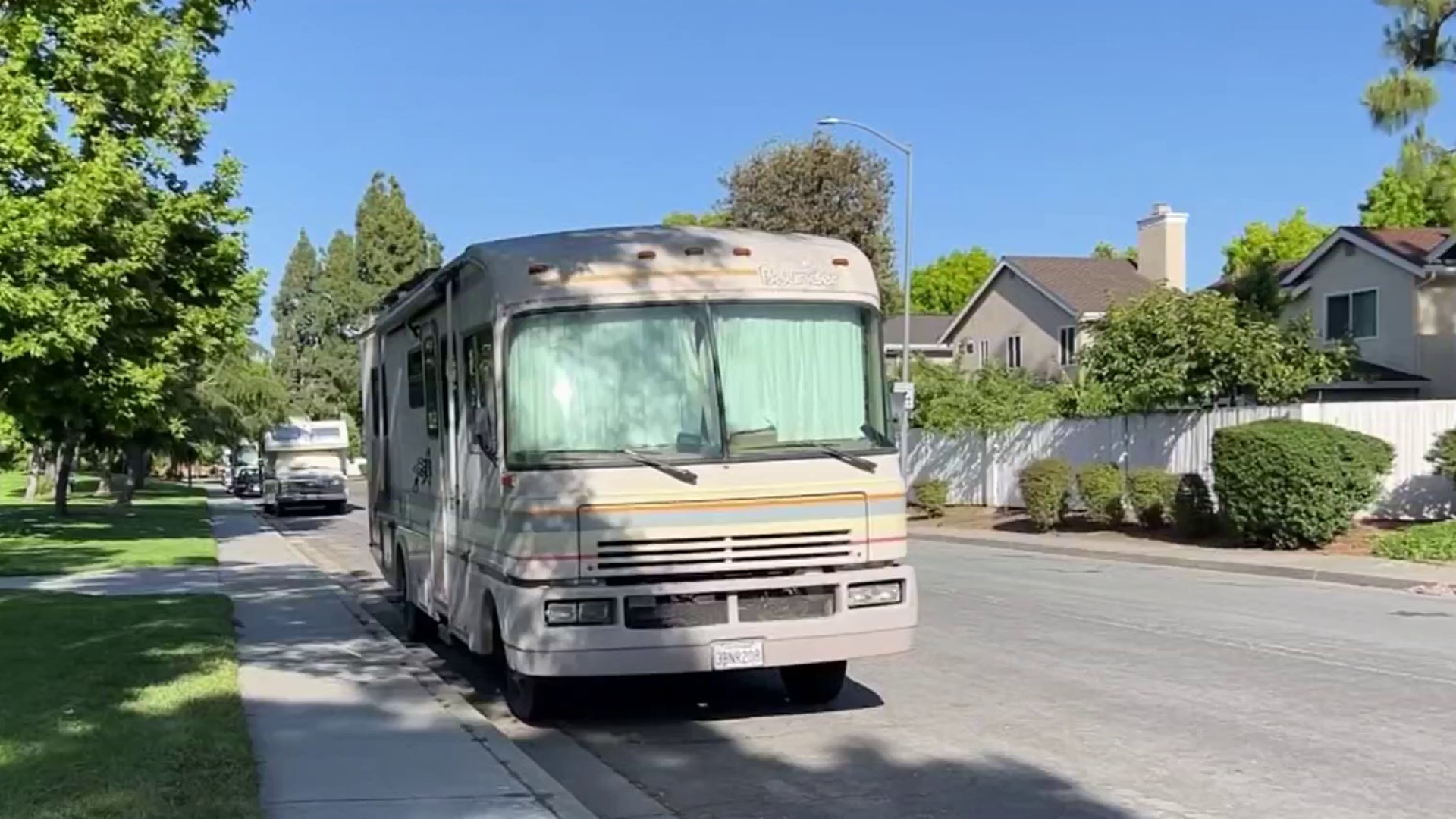The first human-to-dog monkeypox transmission has been confirmed in Paris, prompting experts to question whether this type of spread will impact efforts to stop the outbreak.
“This was a couple, a gay couple, male couple, they had their dog in their bed and there was a lot of close contact between the two infected humans and the animal,” said Dr. Monica Gandhi, infectious disease expert from UCSF.
She said this isn’t too big of a surprise because it's already known that monkeypox could spread to animals, and they can in turn infect people. It’s happened with rats, squirrels and even hedgehogs.
That’s why Dr. Gandhi believes, just like COVID, monkeypox will never completely disappear.
“It’s why smallpox is the only infection we’ve ever totally eradicated because it had no animal reservoirs, polio only has primate reservoirs and we hope to someday eradicate polio,” said Gandhi.
The case out of Paris was detected a few days ago and it has since prompted the CDC to update its guidelines.
They’re now asking pet owners with monkeypox to stay away from their animals or isolate their pet if they’ve been exposed to the virus.
Local
The goal is making sure we can still control the outbreak.
“We are starting to see a turnaround of this outbreak in places like the U.K. and multiple countries in Europe that have been doing a better job with vaccination and probably with behavior change and reducing the number of sexual partners,” said Gandhi.
Get a weekly recap of the latest San Francisco Bay Area housing news. Sign up for NBC Bay Area’s Housing Deconstructed newsletter.
In the U.S., however, it's a different story. Monkeypox is now in every state, and California continues to see some of the highest infection rates in the nation.
In Santa Clara County, there are about 117 cases. The majority among gay and bisexual men, 25 to 44 years old. The latest data shows at least 10 cases have been reported among straight men.
“It is increasingly looking like a sexually transmitted infection mainly with some rare transmission with some touching or close contact,” said Gandhi.
She said this case doesn't change what we need to do -- continue to vaccinate those who are most at risk.



